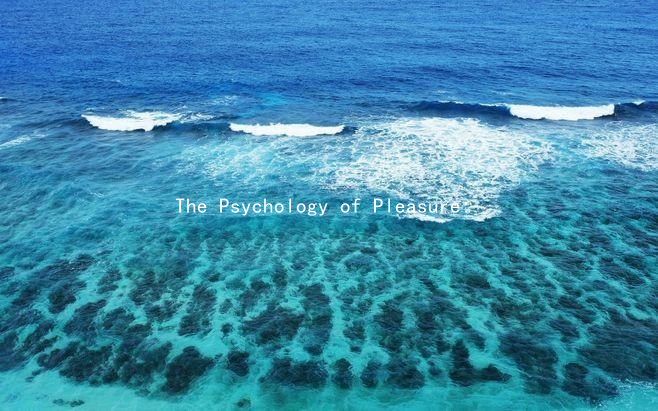The Intersection of Love and Logic: Philosophical Tips for Relationship Success
In the complex landscape of modern relationships, where emotions often clash with rationality, finding a balance between love and logic can be crucial for relationship success. Here are some philosophical tips that blend the emotional depth of love with the clarity of logical reasoning, offering a pathway to deeper connections and more fulfilling partnerships.
First and foremost, its essential to recognize that love is not merely a feeling but an action. This perspective, rooted in the philosophical teachings of many great thinkers, emphasizes that love is demonstrated through choices and behaviors rather than just emotions. In relationships, this translates to showing love through small, intentional acts, as well as being considerate of your partner’s needs and aspirations. By consciously choosing to prioritize your partners happiness, you create a nurturing environment that fosters intimacy and trust.
Communication is another fundamental aspect where love and logic intersect. While expressing feelings is vital, articulating thoughts clearly is equally important. The philosopher Jürgen Habermas highlighted the significance of communicative rationality, suggesting that open dialogue leads to mutual understanding. Therefore, couples should strive to engage in open discussions, where both partners can express their thoughts and feelings without fear of judgment. This commitment to transparency not only resolves conflicts but also deepens emotional bonds.
Moreover, practicing empathy can turn the wheels of both love and logic. Empathy requires stepping outside of oneself to understand a partner’s perspective, which is based on the philosophical approach of existentialism. Engaging with your partner’s experiences and emotions fosters a sense of solidarity and connection. When couples actively listen and validate each others feelings, they create a space where love flourishes alongside rational problem-solving.

Additionally, decision-making in relationships should ideally integrate both emotional intelligence and logical reasoning. The stoic philosophers advocated for the importance of rational thought in the face of emotional challenges. Couples can apply this wisdom by making joint decisions that consider both partners feelings and practical aspects. Whether it’s about financial planning or future goals, balancing emotional aspirations with logical outcomes enables couples to navigate complexities more smoothly.
Conflict resolution is another area where these two elements can be harmoniously combined. Instead of allowing emotions to dictate responses during disagreements, couples can adopt a logical approach. This means analyzing the situation objectively, identifying the root cause of the conflict, and collaboratively seeking solutions. By reframing conflicts as opportunities for growth, relationships can transform challenges into stepping stones toward a stronger partnership.
Finally, the importance of self-awareness cannot be overstated. Understanding oneself—recognizing one’s values, emotions, and triggers— facilitates healthier interpersonal dynamics. The philosophical concept of self-reflection encourages individuals to explore their inner workings, empowering them to engage more authentically in relationships. This awareness enhances one’s ability to communicate effectively and respond to partners with patience and understanding.
In conclusion, the intersection of love and logic offers a rich philosophical framework that can significantly enhance relationship success. By viewing love as action, fostering open communication, practicing empathy, integrating emotional intelligence with logical decision-making, resolving conflicts constructively, and nurturing self-awareness, couples can cultivate lasting and meaningful connections. Embrace this blend of heart and mind, and your relationship will thrive in both depth and understanding.





